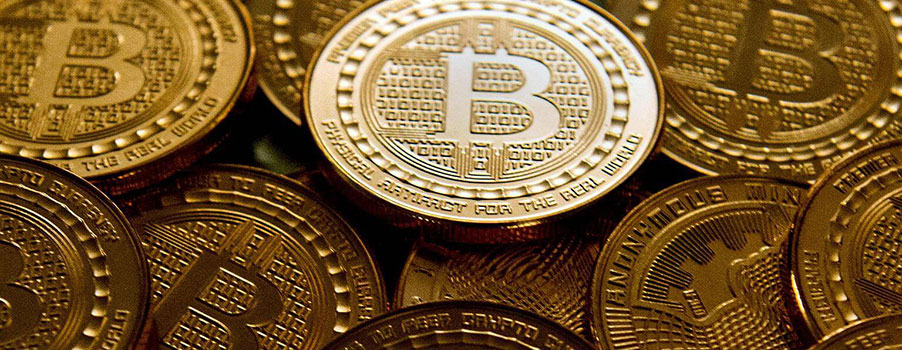Renowned online casino operator and die-hard cryptocurrency champion, Roger Ver has upgraded his online gambling platform to allow wagers to be made using bitcoin cash (BCH). In September last year, Bitcoin.com, which is Ver’s cryptocurrency portal launched Bitcoin Games – an online casino that used the old Segwit Bitcoin token. Owing to its success, the platform is now branching out in a bid to offer the same services to more cryptocurrency users with its newly launched BCH-powered variation that has been named Bitcoin Cash Games and will feature significantly lower prices than those of its older counterpart.
Ver expressed his confidence in Bitcoin Cash as the core reason for his decision to branch out and venture into an online casino that supported the relatively young cryptocurrency.
In his official statement, he pointed out that “the BCH network and currency has proven itself to be reliable while also offering transaction fees ($0.01 or less) they are practically non-existent.”
This is where Bitcoin Cash has managed to best its older counterpart that is currently the market leader in the cryptocurrency world. So far, the bitcoin fork has managed to hold its ground quite well and it is already making waves in the gambling industry as well as in crypto-trading spaces.
Games offered at Bitcoin Cash Games include provable fair video poker, roulette, keno, blackjack, slots, dice, and craps, all of which feature a 99 percent expected return. The platform further has a referral program that allows players to earn themselves up to 25 percent of the platform’s house edge by enlisting new players.
No registration is required for non-US players using the platform since Ver and company are rather serious about anonymity. The only reason why the US is an exception is the government’s rather paranoid regulations – however, the games are still available to US customers in the form of free-play action.










